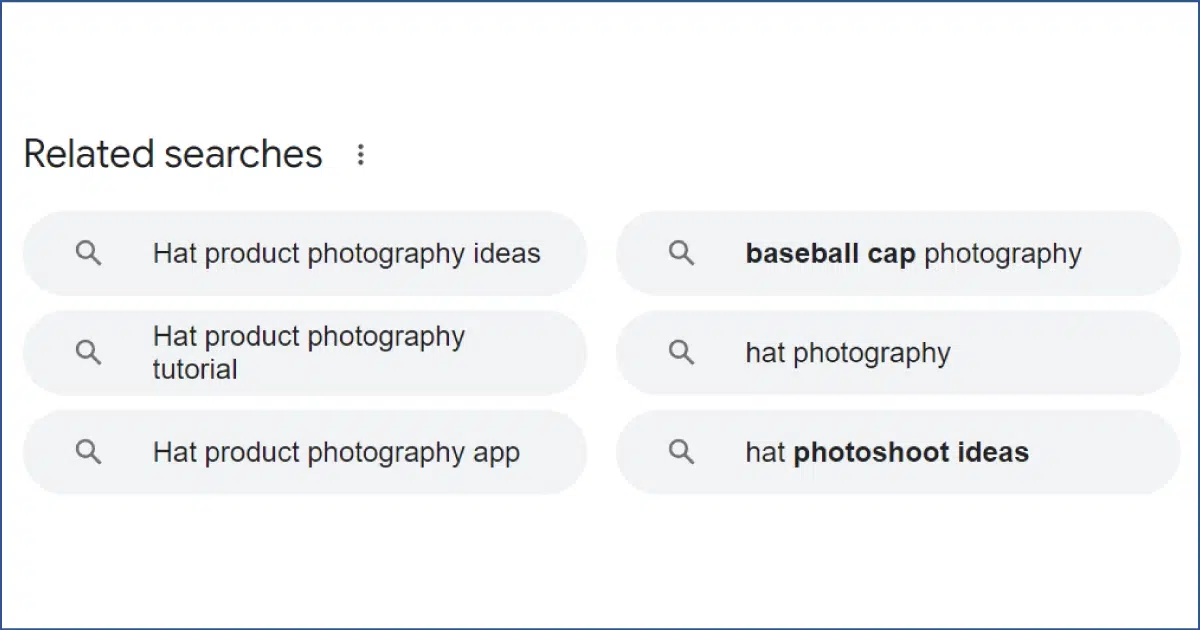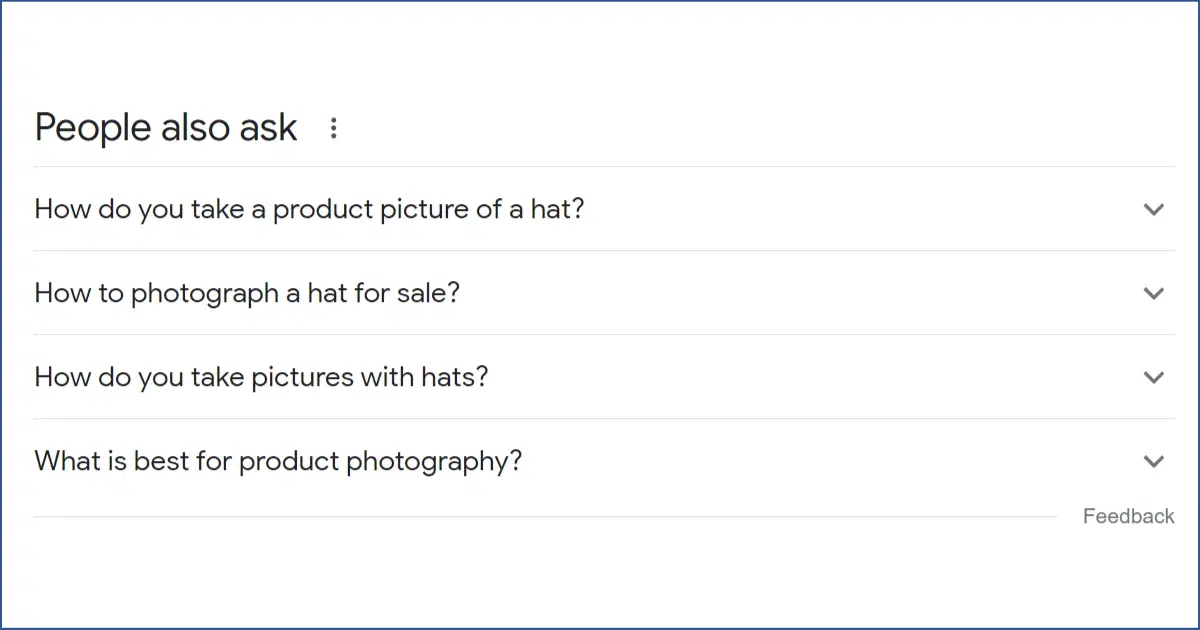Google prioritizes content relevance. So, no matter how many good keywords you find or how good you are at SEO, your content will not rank with irrelevant information. So, how do you stand out from millions of content and get ranked on the first page? Topical Relevance.
Topical relevance ensures your content is 100% relevant to your niche and completely represents the focus keyword. We will discuss how topically relevant content helps you build authority and survive the Google core updates. Continue Reading!
What is Topical Relevance
Search engines use topical relevance to measure the relevancy of the keywords, content, and backlinks to the website and its target audience. If your content is highly relevant and answers search queries properly, it is considered well-optimized by Google increasing your chances of ranking higher in SERP.
The reason is when search engine bots crawl your content and see it is full of highly relevant information for your target audience, it considers your website as qualitative and authoritative. Thus, always publish quality web content that provides the most value to the customers.
How Important Is Content Relevance for Your Website
When Google noticed websites were not focusing on quality and stuffing keywords to rank, they gave their first helpful content update on 25 August 2022. The update went on for 15 days and Google took down every content that had low quality and keyword stuffing.
Later, Google gave two more “helpful content updates” on 5 December 2022 and 14 September 2023. The reason I am telling you all this is because Google is now focusing on content relevance to the website niche. If you do not maintain the relevance of topic and provide helpful information to your audience, you will not be recognized by Google as an authoritative site.
As a matter of fact, when I am writing this article (8 March. 2024), Google’s March’s two core and spam updates are going on. In this March 2024 Core Update, Google again focused on the “helpfulness of the content”. Already many major companies are suffering because of their negligence in creating valuable blog content services for their target audience.
You may have already understood the importance of applying topical relevance in SEO. If you can research and publish highly relevant content to your website, you can stand out from the rest. And while your competitor’s visitors are decreasing, yours will increase like crazy.
9 Steps to Improve SEO and Content with Topical Relevance
By checking the relevance of topic, search engines determine whether your content information is useful to the audience or not. Let’s see how topically relevant content helps you publish quality content and bring organic traffic to your SEO content services.
Keyword Intent Based on Search Query
Google determines whether your content keyword fulfills the searcher’s query. Hence, while choosing a keyword, you need to understand the searcher’s intent.
For example, you choose the keyword “Hat Product Photography”. When a person searches for hat product photography, they intend to learn about how they can photograph hats and what they need to photograph. As long as your blog post covers these topics, Google will take it as valuable content and rank it.
So, while you do keyword searching for any topic, understand the meaning. You can search in Google and see their writing style toward their intended audience. Keep in mind, that you need to choose a topic with SEO strategies & create content that fulfills searchers’ intent.
Correct Keyword Researching
Many SEO specialists do not know how to do keyword research properly. They simply research the niche and choose keywords that look related. However, that’s not how things work.
The niche keywords work in two ways. One is directly related to your niche and another is related but indirectly. For example, Color Clipping LTD. & Perfect Retouching is a photo post-production company. Its focus niche is retouching. So, they approach the audience with retouching and photography-related blog posts. For example, some of the topics covered-
- Hat Product Photography
- How to Export Slices in Photoshop
- How to Edit Real Estate Photos
You may have a question about how photography services are related to post-production. It is indirectly related because if there is no photography, there is no retouching. In their photography blog posts, they explain the photography process at the same time highlight how to retouch the images, making the content relevant to their niche.
Also, the reason for writing photography tutorials is the target audience. Their audience consists of photographers and e-commerce companies. Thus, they promote their services both directly and indirectly and are dominating the search engines successfully.
Use Short-Tail & Long-Tail Keywords
You can use both short and long-tail keywords in content strategy. However, both are used for different purposes.
Short tail keywords are also called head terms or seed keywords. The keywords consist of one or two words like best headshot. They are hard to specify and often do not fulfill search intent. For example, it is hard to understand what the best headshot means. It could mean how to take good headshots, a good headshot photographer, or so on. So, if Google can not understand the search intent, it will not rank. However, if you are covering broad topics, I recommend using short-tail keywords.
Long tail keywords are specific, less competitive, and easy to portray search intent. The keywords consist of three to four words. For example, camera settings for product photography. It fully showcases what is the topic about. When a person searches for a topic, Google can accurately recognize it and will consider it as beneficial for the searcher. It is easier to build authority and rank with long-tail keywords.
Add Contextual Examples
When you add context to your sustainable content creation, it provides credibility and builds trust around your target audience. For example, you are writing about common mistakes in product photography. You started the sentence with small mistakes that do not go unnoticed by customers. Then you can share your experience or tell why customers notice. Go into detail so that the audience can engage and understand your expertise.
Topic Clusters to Link Pages
Topic clusters are an SEO strategy that helps organize website content based on topics. The best example would be an e-commerce company. They organize their products into categories and subcategories with links. All the pages are connected with hyperlinks creating semantic relations between pages.
Still, having a hard time understanding? let me break it down for you. For example, you are selling kitchen solutions. It is a category page. When you click on the page, some sub-category pages will appear. Click on a sub-page and the products under it will come. Click on any product like a microwave, another page will open with details of the product where you can make a purchase. So many pages correct? All are connected with topics and hyperlinks.
Using topic clusters in your search engine optimization-SEO strategy is very beneficial because it keeps the pages organized and helps your audience find products and services easily. Google also recognizes you as a trusted authority and provides you with a top spot upon posting content.
Keyword Cluster
The Keyword cluster is the LSI version. This means using semantically related words in your content. What are LSI words? These are the synonymous words to the focus keyword. All the LSI keywords are related to the keyword and show what is the topic about.
You need to research the LSI words. Why? When you research a topic, Google knows what will be included. Without covering the necessary topics, your content will never rank. For example, your topic is hat product photography. You need to use LSI words like photographing hats, hats and caps images, woman hat product photography, product photography, etc. The more semantic words you use in content the better content relevance you can build.

Create Content Following Top-Ranking Articles
If you are confused about creating quality content, do not worry. You do not have to invent new things. Search with the keyword and research the top-ranking articles. Read the top ten articles and take notes of relevant information they have covered. Try to find the gaps and add new information to your blog.
Do not copy from other articles. Write creatively in your own way. Use topical SEO keywords properly in your article. Trust me, if you can cover all the relevant information, add new information, and write creatively with keywords, it will rank fast and high.
Use Internal & External Links to Enhance Authority
After writing creative content, you need to do internal and external linking. What are internal and external linking?
Internal linking is when you link your website content or services. External linking is when you link from outside sources to build connections. Both are important to showcase connections and authority.
When you do internal linking in content, ensure it is related to the content topic. For example, if you are writing a Photoshop tutorial, you can link to other Photoshop tutorials from your website. On the other hand, when you do external linking, ensure the site is not your competitor or does not work similarly to your niche.
Add FAQ (Frequently Asked Questions)
Many companies do not follow this digital marketing trend. However, FAQs work in your favor in ranking factors. You may have noticed when you search with a topic, some FAQs appear on the first page of the search engines. If you click on them, short answers with the article link appear.
If the searchers find relevant answers from the FAQs, they may read the whole article. It does play an important role in building topical authority. So, I highly recommend creating informational FAQs for your target audience and increase topical relevance. Ensure the FAQs are related to the blog post.

2 Amazing SEO Keyword Research Tools Suggestion
Keyword research is an important part of topical SEO strategy. However, it is a tricky job. Among the millions of content, what are the topics you should choose to stand out? Here are the two best keyword research tools to research keywords for your niche.
Ahrefs
Ahrefs is a free SEO tool and easy to use. Though the free amount of data is limited, it is enough to do simple keyword research for projects. The free data includes 150 keyword ideas generation, checking keyword difficulty levels, checking keyword ranking, and researching keywords for YouTube, Bing, and Amazon.
From the keyword difficulty tool, you can check the difficulty score, the number of backlinks you need, and SERP analysis to appear in the top 10 search results. Ahrefs tools is truly an amazing free tool to do basic SEO work. If you have the budget, you can also take their paid version and work flawlessly.
Semrush
We have talked about the easy keyword research tool. Now, let’s talk about an advanced one.
If you are experienced in working with keyword research tools, I recommend using Semrush. It offers 20 billion keywords through which you can find relevant keywords for your website. You can see the traffic insights, search volume, and competitiveness of the keywords.
Not only these, but you can also see off-page recommendations, do on-page SEO, site audits, good backlinks, domain comparisons, and so on. Though the free data is limited, you can do basic SEO work with it and the output will be great.
In a Nutshell,
I have already mentioned it many times, Google uses topical relevance to measure content relevance. And if you can create content full of relevant information, not only will you survive the Google core updates but also stay ranked on search engines.
Lastly, if you are busy selling products and services but want to enrich target audiences globally, take Next Bell’s professional SEO and creative content writing services. Our experienced SEO specialists and writers are updated with Google algorithms and always deliver quality creative content written with keywords. You do not have to believe my words. Visit our website take a free consultation and judge the solution we provide you.
Google uses topical relevance algorithms to understand the content information. If the content provides highly relevant information to the target audience, Google crawlers will rank it higher and also, consider your site as trustworthy and authoritative.
Topical authority helps you rank faster and higher in search engines. When Google perceives your content as accurate and informational, it builds trust.
You can use the relevancy rank writer app to measure the relevancy level. Though it is paid, it is a good content checker. Write your API key and focus keywords in the boxes. Copy and paste the content and check the relevancy. If it shows 99%, the content is fully relevant. However, if it is less than 99%, edit it.



